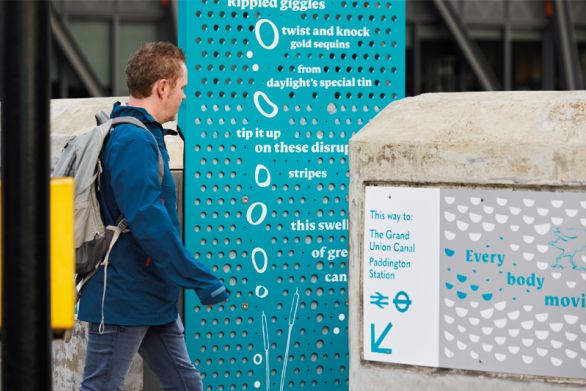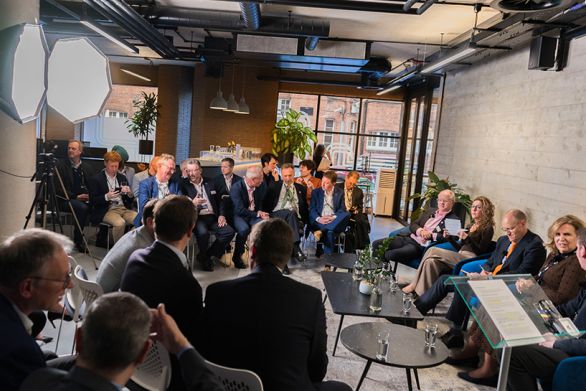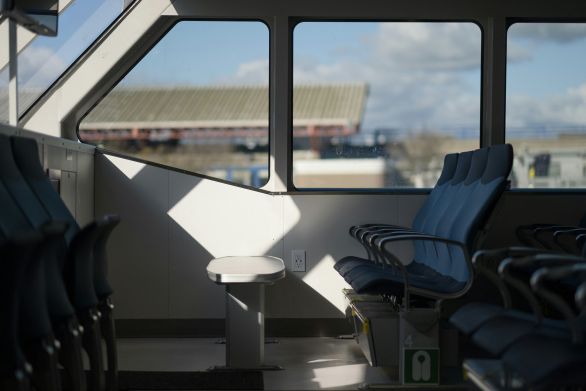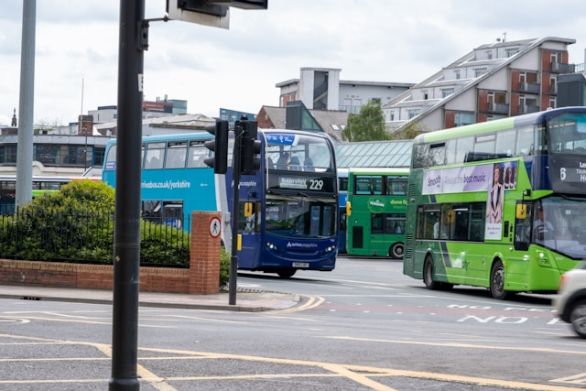As more and more practitioners look to mail-order automation as the future of Individualized Marketing campaigns, we ask what the value of keeping it personal is.
What is Individualized Marketing? Individualized Marketing (IM) has been used increasingly in North America to promote the use of alternative travel modes including transit, car/vanpooling, walking and bicycling. With the aim of reducing the number of drive-alone trips made, these programs target areas with various combinations of print and online resources alongside outreach and community events to raise awareness of travel alternatives. Although engagement rates and methodologies used by these programs vary, there is a growing evidence base that this is a cost-effective way to make a positive impact in transportation demand management programs.
An alternative methodology, commonly used in the UK and by Steer Davies Gleave, is called Personal Travel Planning or PTP where it is the depth of the conversation that Travel Advisors have face-to-face with residents which is instrumental to leading to long-term behavior change. This style of IM conversation uses a person-centered, guiding approach to give individuals the time and space to make the best decisions for themselves. Research has shown that this not only leads to more concrete behavior change, but also increases participation rates because of direct, open-ended, customer-friendly approach. Generally, this approach is not that much more costly, and delivers up to three times the participation rate of mail-order IM programs.
As long time practitioners of individualized marketing, at Steer Davies Gleave we continually debate about what the future holds for individualized marketing in an ever shifting landscape of transportation habits and attitudes. We have looked back at how it has evolved, and what wider issues we have had to respond to (such as a national trend in a decrease in car trips), and also done some lateral thinking about what tools we can adapt from other behavior change disciplines to household-level marketing.
These days, lifestyle factors play a big part in IM engagement outcomes. In an age where people now overwhelmingly use tablets and smartphones to access and feedback information, people’s expectations and priorities for their mobility options have changed. Digital tools and gamification (using web-based interactive and social ‘game’ and challenge platforms) offer exciting new ways to engage with local communities and make sustainable travel a social norm.
But a more mobile, information-rich population demands more individualized attention too. Our vision for the future of IM is a more PTP-style personalized, face-to-face approach supported by a suite of innovative, high quality digital tools and materials that will fit easily within people’s contemporary lifestyles, and make them much more likely to make a change.
When was the last time someone asked you how you travelled; and your desires, reasons and needs for doing so? Supplying an individual with paper or web-based information can guide someone to a solution, but in order to make it stick it has to be one the individual feels they have arrived at for themselves. That’s why we look at behavioral psychology techniques such as Motivational Interviewing , a technique used in the health sector to treat damaging behaviors such as addiction, unhealthy eating, or anti-social behavior. In the context of IM, motivational interviewing is really a listening service, which recognizes that people don’t always know what they want, and may need guidance in figuring that out.
So whilst the opportunity that digital resources offer is exciting, they will always been supporting tools and cannot replace the impact of opening the door to a smiling, enthusiastic Travel Advisor. If we want to embed long-term, sustainable travel habits into 21st century lifestyles, our IM audiences require our personal attention.











